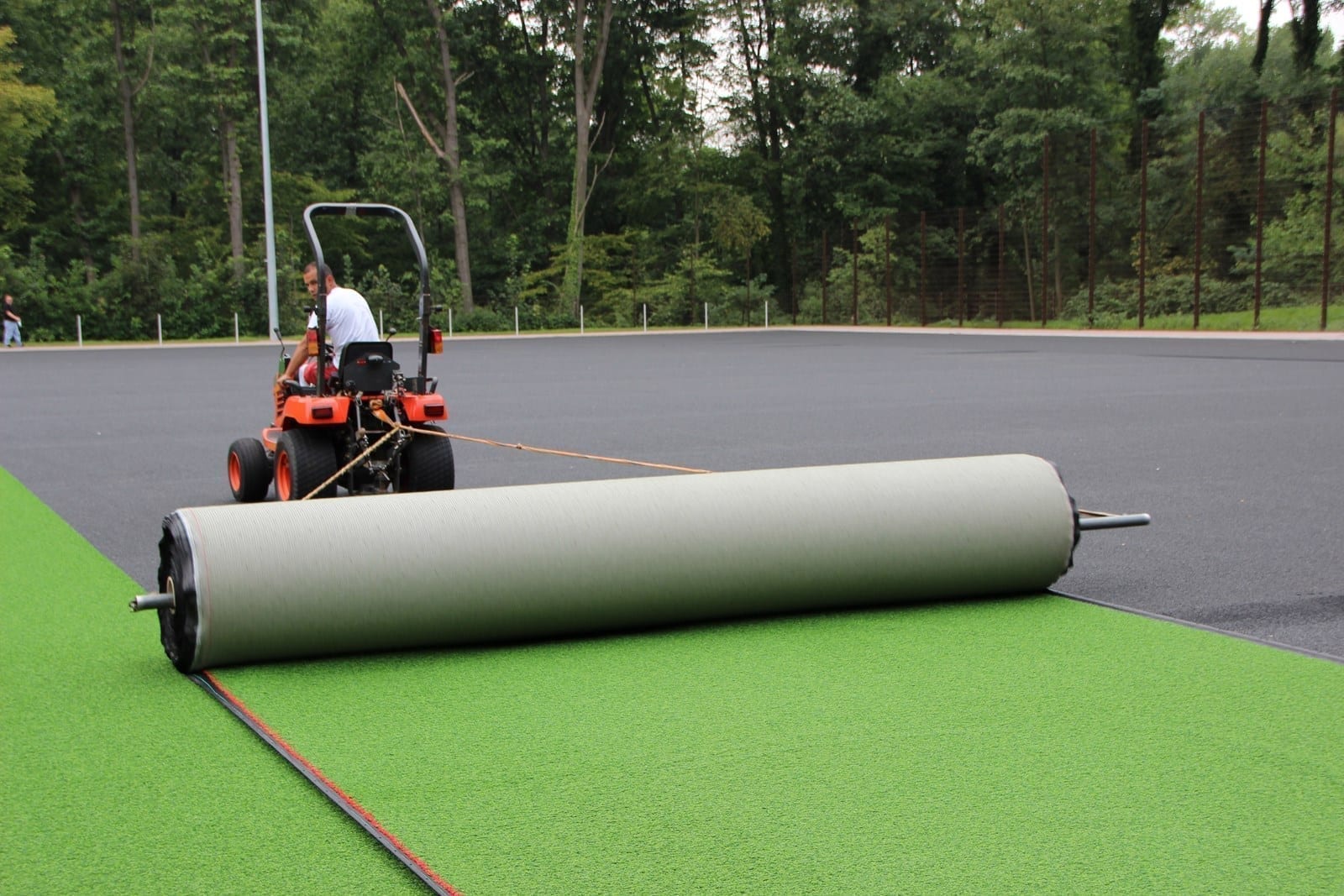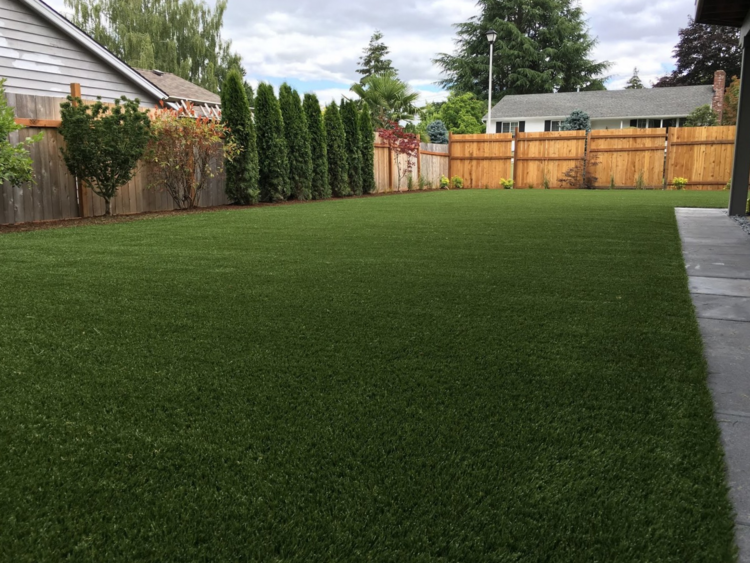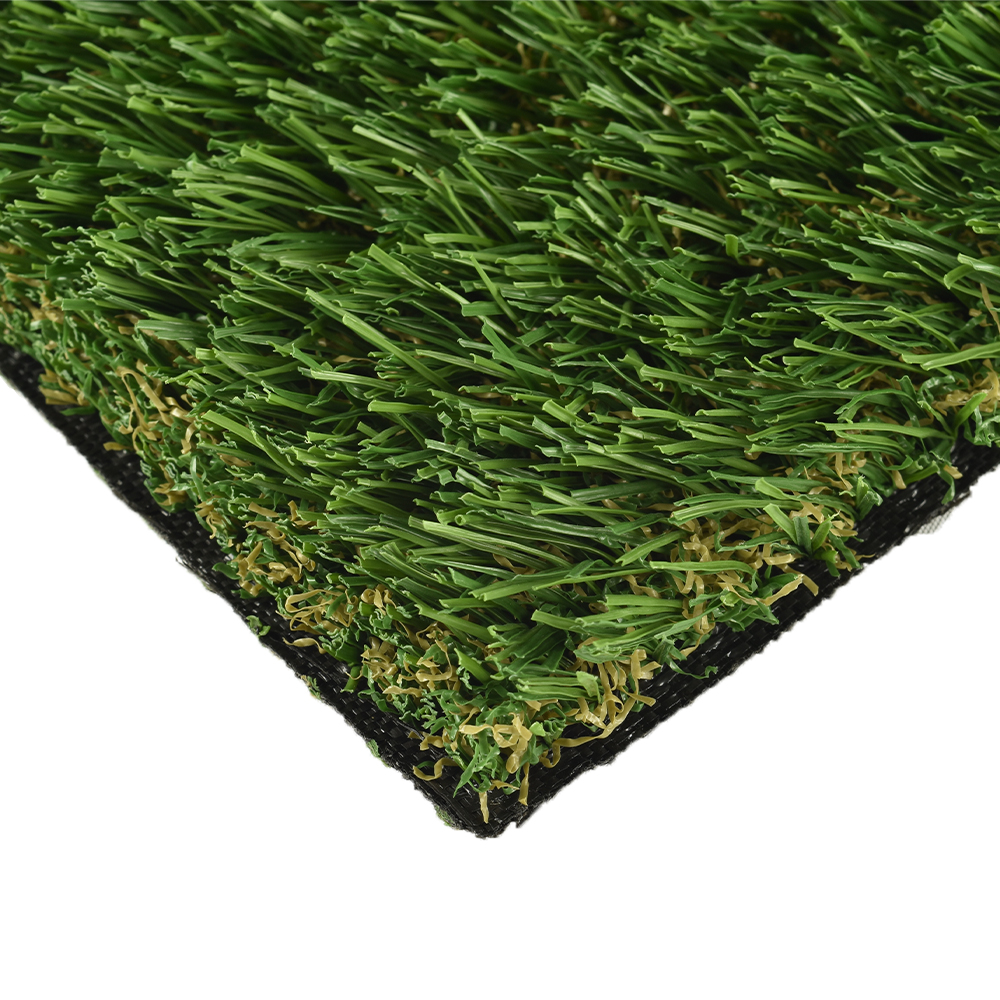Experience a Perfect Lawn with Arizona Artificial Turf for Any Outdoor Space
Experience a Perfect Lawn with Arizona Artificial Turf for Any Outdoor Space
Blog Article
Delve Into the Environmental Conveniences of Opting for Synthetic Grass Solutions
The fostering of synthetic grass services presents an engaging possibility to attend to pressing ecological challenges. By substantially decreasing water usage and decreasing the application of dangerous chemicals, these choices not only advertise lasting landscaping however also shield regional communities. In addition, the reduced carbon footprint related to decreased upkeep activities adds to a more lasting approach to land administration. The ramifications of these advantages expand beyond plain preservation efforts, increasing questions concerning their long-term effect on environment preservation and overall environmental equilibrium. Discovering these measurements reveals a complicated interaction worth taking into consideration.
Water Preservation Perks
One of the most substantial advantages of synthetic lawn is its ability to preserve water. In contrast, artificial lawn does not require watering, substantially minimizing the overall need for water sources.
By removing the requirement for regular watering, artificial grass adds to sustainable landscape techniques and assists mitigate the ecological influence of excessive water intake. Moreover, the conservation of water reaches the reduction of overflow, which can lead to dirt disintegration and waterway contamination.
Additionally, the installation of artificial lawn allows property owners and municipalities to designate water sources more efficiently, concentrating on vital usages such as alcohol consumption water and agriculture. The change towards synthetic grass not just advertises responsible water usage however likewise straightens with more comprehensive environmental objectives targeted at preserving natural deposits.
As areas increasingly prioritize sustainability, the water preservation benefits of synthetic grass offer an engaging instance for its fostering in residential and commercial landscaping tasks.
Lowered Chemical Use
The change to synthetic grass considerably reduces the reliance on chemical treatments commonly used in natural yard upkeep. Typical lawn management generally involves the application of herbicides, pesticides, and plant foods to advertise growth and control bugs. These chemicals can present risks to human health, neighborhood wild animals, and the setting, adding to soil and water contamination.
In comparison, man-made grass gets rid of the need for these harmful materials. As soon as mounted, it needs minimal maintenance, mostly including normal cleaning and seldom infill replenishment. This reduction in chemical use not only profits the prompt setting yet additionally adds to wider ecological security. By reducing the release of artificial substances into the ecosystem, synthetic grass advertises much healthier dirt and water supply.
Additionally, the absence of chemical drainage linked with synthetic grass installations assists safeguard neighborhood waterways from contamination, sustaining aquatic life and maintaining biodiversity. Phoenix turf companies. As areas increasingly focus on sustainable techniques, selecting synthetic grass presents a viable option that straightens with ecological conservation goals. Through this shift, homeowner can appreciate rich green spaces without compromising environmental health and wellness, leading the way for an extra lasting future
Reduced Carbon Impact

In addition, the installment of synthetic grass can cause substantial water conservation. Natural yards call for considerable amounts of water for watering, which not only includes in the carbon footprint linked with water removal and therapy but also stress neighborhood water sources. On the other hand, synthetic grass needs very little maintenance, needing no watering, thus significantly decreasing water use basics and its connected energy expenses.
Additionally, the durability of synthetic grass adds to its decreased carbon effect. With a life expectancy of approximately 15 years or even more, the requirement for regular replacements is decreased, leading to less waste and lower energy intake in manufacturing and disposing of traditional grass choices. Generally, fabricated turf offers a lasting choice for environmentally aware landscaping.
Habitat Conservation
Habitat preservation is a critical consideration in the debate over landscape design selections, particularly when contrasting synthetic grass to all-natural lawn. Natural grass yards usually require substantial maintenance, consisting of using chemicals, fertilizers, and herbicides, which can detrimentally affect neighborhood ecosystems. These chemicals can seep into the dirt and waterways, damaging native vegetation and fauna and disrupting regional habitats.
Synthetic grass eliminates the need for dangerous chemicals, thus securing close-by wild animals and preserving the stability of surrounding environments. The installment of artificial turf can lead to the conversion of former yard locations right into more biodiverse landscapes, such as pollinator yards or indigenous plant locations, which can support local wildlife.
Eventually, the shift to synthetic grass not only conserves water and decreases maintenance initiatives yet likewise fosters a much more unified partnership in between human activities and the native environment, promoting habitat preservation at the same time.
Long-Term Sustainability
Long-lasting sustainability is a crucial aspect in assessing the benefits of artificial grass over standard yard lawns. Among one of the most substantial advantages of synthetic grass is its longevity; it can last as much as 15-20 years with minimal maintenance, whereas all-natural grass requires frequent reseeding and replacement. This longevity decreases the requirement for continuous resources, such as water, fertilizers, and pesticides, which review are necessary for keeping a healthy turf lawn.
Additionally, synthetic grass adds to a reduction in carbon exhausts linked with lawn treatment devices. Conventional lawns often need gas-powered lawn mowers, leaners, and blowers, every one of which contribute to air contamination. Arizona turf. In contrast, synthetic grass gets rid of the demand for such tools, advertising a cleaner environment
Additionally, the production of synthetic grass progressively uses recycled materials, improving its sustainability profile. As suppliers take on green methods, the ecological footprint of artificial grass continues to diminish.

Verdict
The adoption of synthetic grass services presents considerable environmental advantages, consisting of substantial water preservation, reduced reliance on harmful chemicals, and a reduced carbon impact. Synthetic grass help in protecting natural habitats by reducing land disruption and promoting long-lasting sustainability through the use of long lasting materials. Jointly, these elements emphasize the capacity of synthetic grass to add favorably to ecological health and offer a viable choice to traditional landscaping techniques in a progressively resource-conscious globe.
In contrast, man-made grass does not need watering, considerably decreasing the overall need for water sources. By decreasing the launch of artificial compounds into the ecosystem, fabricated pop over to these guys grass promotes much healthier soil and water systems.
Moreover, the setup of artificial grass can result in substantial water conservation. In contrast, artificial turf requires very little upkeep, requiring no watering, thus dramatically lowering water use and its connected power costs.

Report this page